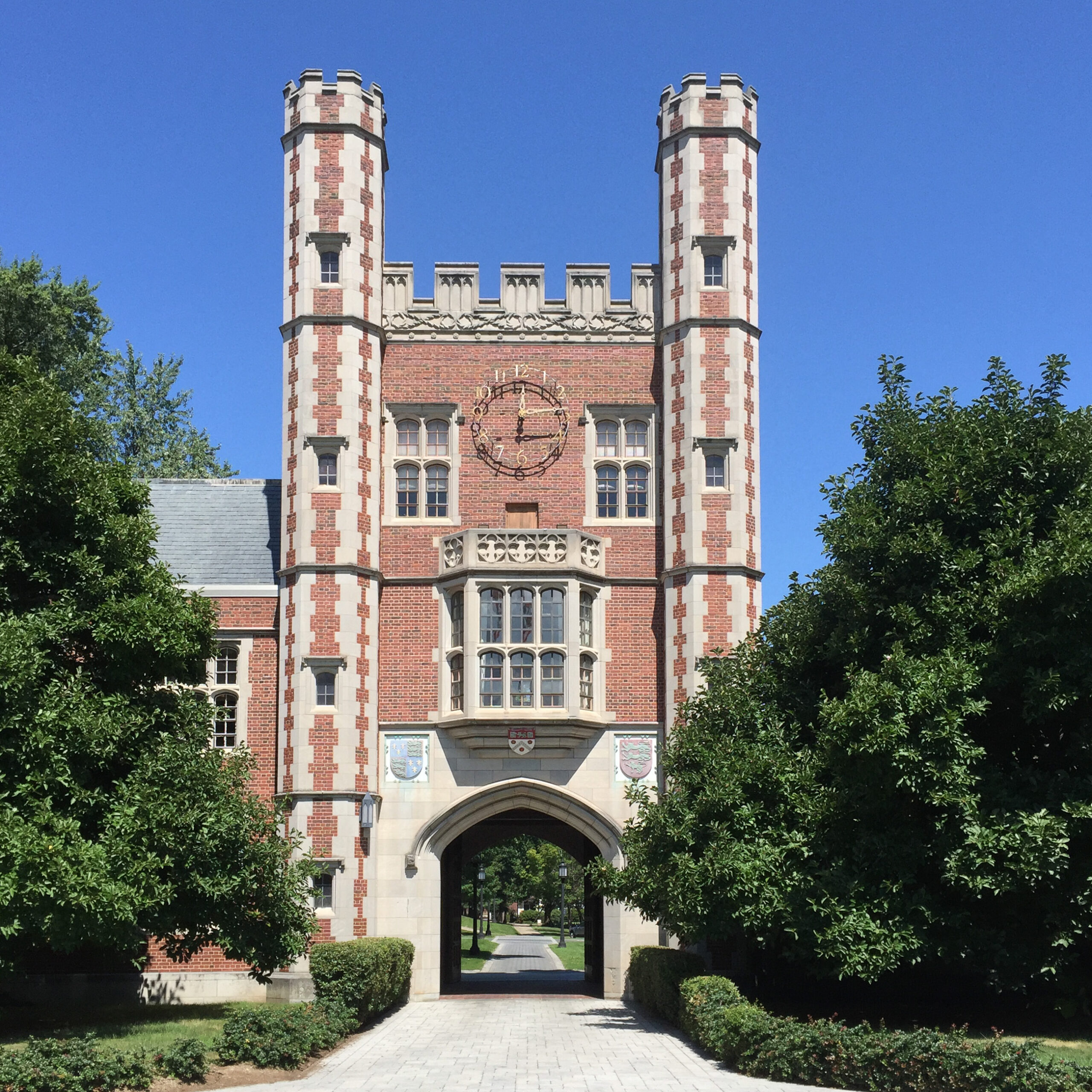Jack P. Carroll ’24
News Editor
Vice President for Communications and Marketing Angela Paik Schaeffer outlined changes to the College’s COVID-19 Dashboard and Campus Alert Levels for the spring semester in an email addressed to students, faculty, and staff on Wednesday, Feb. 3. The changes were made by Trinity’s COVID-19 Steering Committee, which is composed of administrators and staff, in response to “feedback and ideas for improving communications” offered by the Trinity community.
According to the email, Trinity recently implemented changes to its COVID-19 Dashboard, which is used by the College to track the spread of COVID-19 within the campus community. These changes include daily updates to the number of active cases (Monday-Friday) beginning Feb. 22, expanded alert levels and operational details about on-campus facilities and events, details about the number of students in isolation and quarantine at a given time, and data that shows COVID-19 conditions in Hartford and the state of Connecticut.
Under the new reporting scheme, the College will also update information about its testing program and release new cumulative data on testing and test results as well as if results are delayed, according to the email.
Trinity’s total positive case count and number of tests administered since the beginning of the fall semester were originally archived, though the College subsequently made it available on the same page following a Tripod request.
Trinity’s decision to update its COVID-19 Dashboard on each business day marks a stark change in the College’s previous reporting practices. The Tripod previously reported that the dashboard was updated “twice per week,” initially without a set schedule, which often left four day periods of lapsed data, especially on the weekends. The College later shifted in late September to providing twice weekly updates on Monday and Thursday.
In the fall, Trinity and Wesleyan were the only colleges in the NESCAC which declined to update their dashboards on a daily basis during the Fall semester. Trinity uses the Broad Institute, a project by MIT and Harvard, to process its test results, which is also the partner for most other NESCAC institutions.
When asked in October why the College did not update its dashboard daily, Chief of Staff to the President Jason Rojas indicated that the College “may update the dashboard as needed and may choose to update more frequently as needed so that the dashboard reflects any significant changes in confirmed cases we may experience. We may update the dashboard more frequently for other special circumstances as well.”
In September, an outside source gave Trinity’s COVID-19 Dashboard a score of 7/13 and ranked it second to last among Trinity’s peers institutions in the NESCAC.
Regarding Trinity’s COVID-19 Dashboard and the need for improvements, Rojas separately informed the Tripod in November that the College was, “conducting a review of the semester based on our own observations of our response in addition to the welcomed feedback we have received from the members of our community.” That review had been ongoing as of early January, when the College declined to provide updates to the Tripod.
In addition to changes in dashboard reporting, Schaeffer outlined changes to Trinity’s Campus Alert Levels, which included making their system of “color-coded alert levels more flexible to allow the college to respond with more precision to specific conditions.” Schaeffer also noted that the College had created a new phase, the “Campus Transition Phase,” which will be in effect when “large numbers of students are arriving or departing campus, are critical in managing community health and safety and must be managed specifically.”
The College will be in this phase from Feb. 18 to Feb. 28, when returning students are in quarantine. Trinity’s quarantine period in late February is expected to last about two weeks. As the Tripod previously reported, Yale University, similarly situated to Trinity in another urban environment, New Haven, has instituted a month long quarantine in response to upticks in COVID-19 cases and the presence of the new, more transmissible strain in Connecticut.
As of Feb. 3, Trinity remains at a green alert level with a total of 2 active COVID-19 cases among employees and affiliates. Since Jan. 1, the College has reported a total of 12 positive cases among about 100 students who remained on-campus, and has administered over 2,000 tests.








+ There are no comments
Add yours